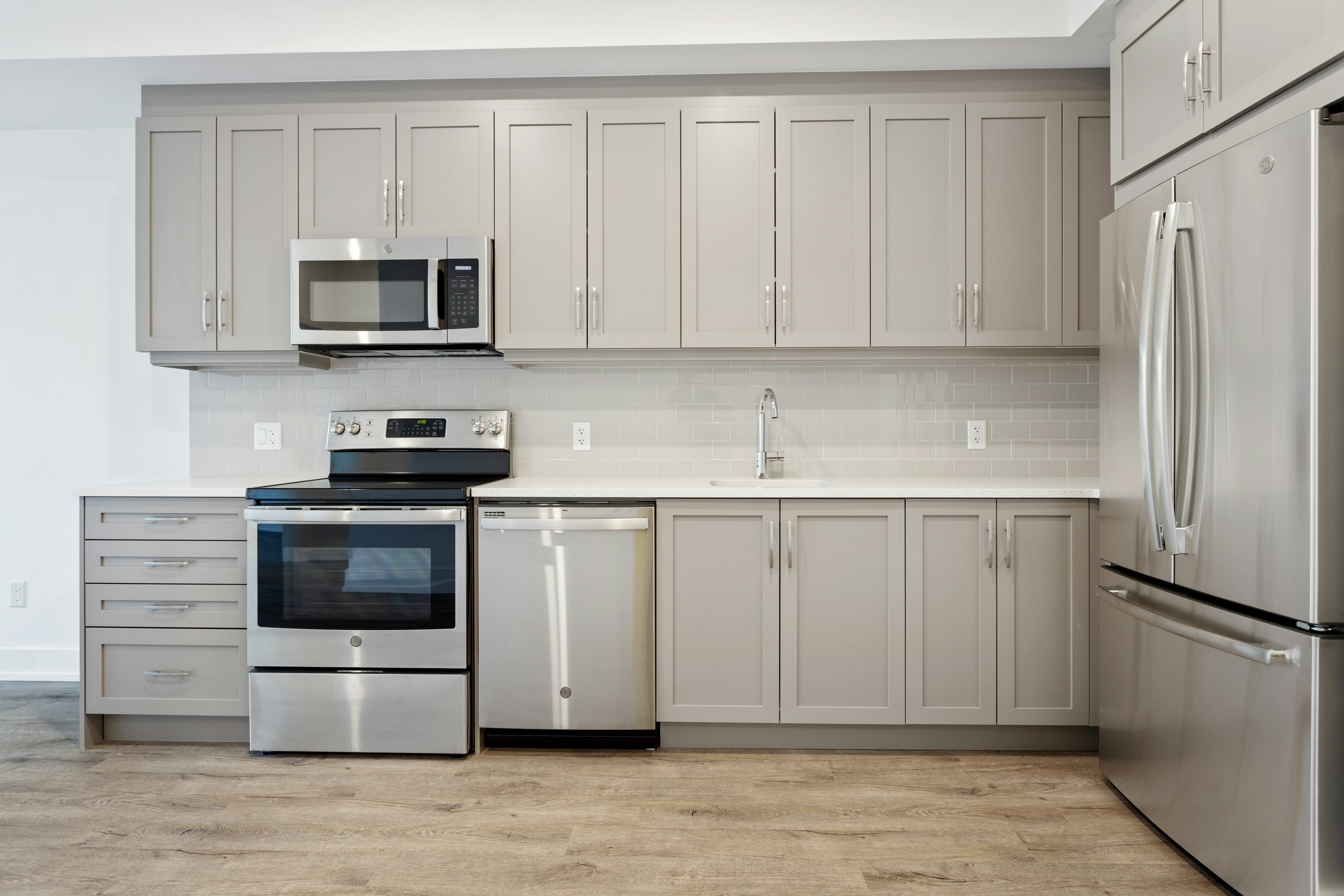Awakening Your Health Potential: Unveiling the Power of Chronobiology
Did you ever wonder why you feel more alert in the morning, experience a dip in energy in the afternoon, and feel sleepy at night? These are not random occurrences but are orchestrated by our body's internal clock. Welcome to the fascinating world of Chronobiology, the science of biological rhythms. Let's delve into the science of chronobiology, its historical development, and how it impacts our health and wellness.

The Dawn of Chronobiology: A Historical Overview
Chronobiology originated from the work of French scientist Jean-Jacques d’Ortous de Mairan in the 18th century when he observed a 24-hour rhythm in the movement of the mimosa plant, even in the absence of sunlight. Fast forward to the 20th century, when researchers Nathaniel Kleitman and Bruce Richardson discovered that humans have an internal biological clock that operates on a roughly 24-hour cycle, known as the circadian rhythm. This marked the beginning of modern chronobiology.
The Science of Chronobiology: An Inside Look
In essence, chronobiology studies the physiological and psychological rhythms in living organisms, including sleep-wake cycles, body temperature, hormone production, and even mood swings. These rhythms are not just hardwired into our genes but are also influenced by environmental cues such as light, temperature, and food availability.
The Impact of Chronobiology on Health and Wellness
Chronobiology has profound implications for our health and wellness. Disruptions to our biological rhythms, such as those caused by shift work or jet lag, can lead to sleep disorders, mental health issues, and even chronic diseases like obesity and diabetes. Conversely, aligning our daily routines with our internal rhythms can enhance our physical and mental wellbeing.
Chronobiology in Practice: Syncing with Your Biological Clock
Harnessing the power of chronobiology involves aligning our daily routines with our biological rhythms. For example, eating meals, exercising, and sleeping at consistent times each day can help to synchronize our internal clock and optimize our health. However, this is not always easy in our modern, fast-paced world and requires a conscious effort.
Separation Line
The Practical Takeaways: Incorporating Chronobiology into Your Daily Routine
- Aim for consistent sleep and wake times to align your sleep-wake cycle with your circadian rhythm.
- Plan your meals at regular intervals to regulate your body’s hunger and satiety signals.
- Schedule exercise during the morning or afternoon when your body temperature and hormone levels are optimal for physical activity.
Separation Line
Closing Remarks:
Chronobiology offers a fascinating perspective on health and wellness, emphasizing the importance of aligning our lifestyle with our internal rhythms. By understanding and respecting our biological rhythms, we can empower ourselves to optimize our health and wellbeing. After all, it’s not just about what we do for our health, but when we do it. So, why not start syncing with your biological clock today?




